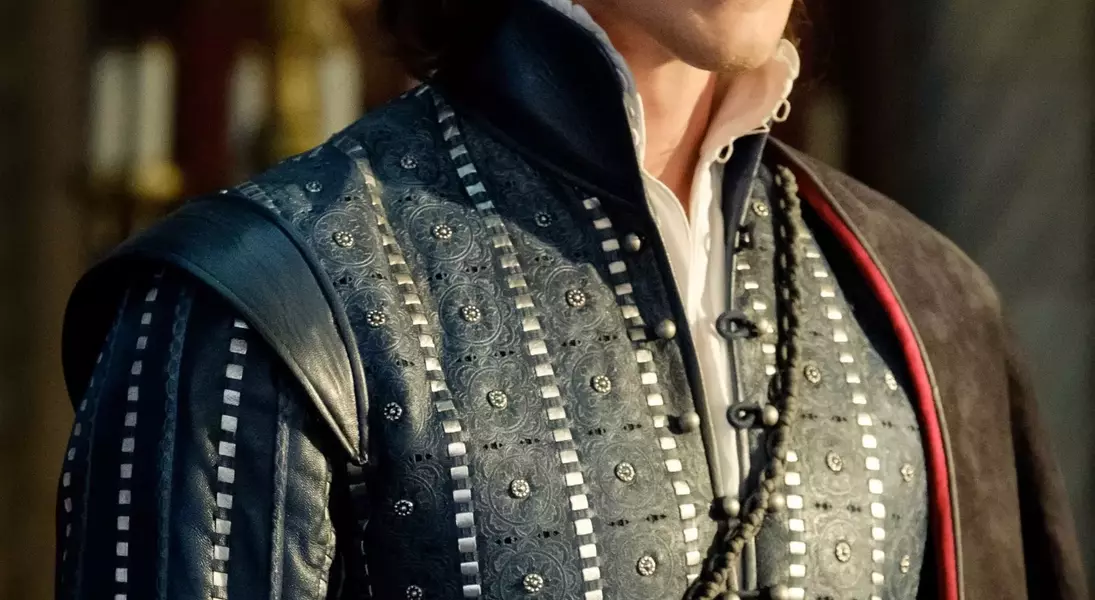
In an era where traditional archetypes are being reimagined, a young actor from Leytonstone is poised to bring a fresh perspective to the classic Disney prince. At just 23 years old, Harris Dickinson has emerged as a beacon of modern masculinity in the film industry. As he prepares for his role as Prince Phillip in the highly anticipated sequel Maleficent: Mistress of Evil, Dickinson's portrayal promises to challenge conventional notions of royalty and heroism. With his understated charm and thoughtful approach, this rising star aims to offer audiences a more authentic representation of relationships and male figures on screen.
Set against the backdrop of London’s bustling streets, Dickinson reflects on the responsibilities that come with playing a royal character. Unlike the stereotypical princes of yore, he sought to create a figure who resonates with contemporary audiences. Wearing a casual yet stylish outfit, the actor exudes a relaxed demeanor that contrasts sharply with the grandeur often associated with royalty. His decision to humanize Prince Phillip stems from a desire to present a realistic portrayal rather than succumbing to exaggerated ideals. “I wanted kids to see something they could relate to,” he explains, emphasizing the importance of avoiding overdone tropes like the "savior" complex.
The film, which reunites Angelina Jolie as the formidable Maleficent and Elle Fanning as Princess Aurora, introduces Dickinson’s character as part of a pivotal storyline. Engaged to Aurora, Prince Phillip finds himself at the center of a conflict orchestrated by Queen Ingrith, played by Michelle Pfeiffer. Despite the fantastical elements surrounding him, Dickinson remains focused on grounding his performance in relatable qualities. This approach aligns with a broader shift in media toward more nuanced depictions of characters, particularly those in positions of power or influence.
As Maleficent: Mistress of Evil prepares to captivate audiences worldwide, Harris Dickinson’s interpretation of Prince Phillip stands out as a significant departure from traditional narratives. By embracing authenticity and rejecting outdated stereotypes, he not only enhances the story but also contributes to a meaningful dialogue about the evolving standards of masculinity in popular culture. Through his performance, Dickinson invites viewers to reconsider what it means to be a prince—or any kind of leader—in today’s world.
